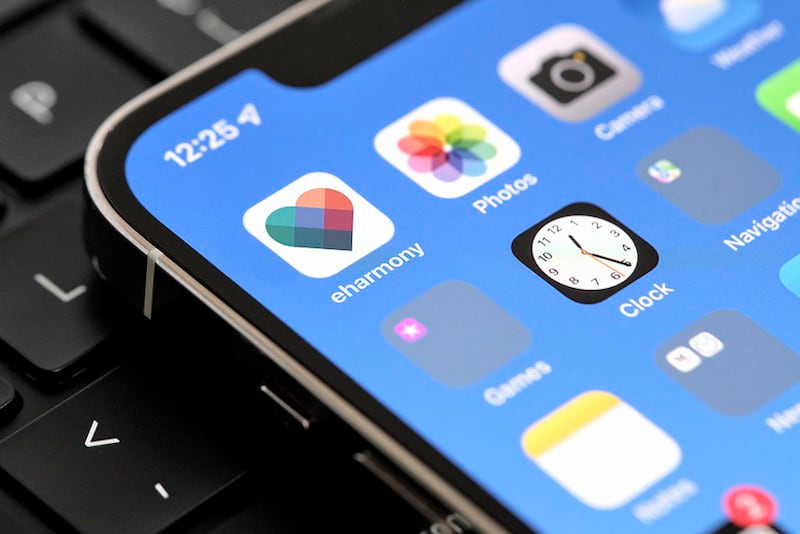Have you ever wondered what National Black Women’s Equal Pay Day is all about? Why do we need a day like this? Here, we’ll explore National Black Women’s Equal Pay Day and why you should care about it.
Join our Spotcovery Global Black Community Facebook Group for early access to exclusive content and to share in a lively discussion.
Become an insider. Subscribe to our newsletter for more top trending stories like this!
What is Black Women’s Equal Pay Day?
Have you ever marked your calendar for National Black Women’s Equal Pay Day? This observance falls on a specific date each year, but it represents a timeless struggle. It’s a day set aside to shed light on black women’s pay inequality in the workforce.
The day shows how, far into the following year, black women must work to earn what their white male counterparts earned in the previous year. This inequality extends beyond mere numbers; it reflects systemic disparities and biases. Get a book on Amazon to learn more about the systemic disparities and biases blacks face.
People Also Read: Maternal Health Disparities African American Women Face
The Pay Gap
So, just how wide is the pay gap? The numbers are staggering. On average, black women in the United States are paid only 63 cents for every dollar white, non-Hispanic men earn. This isn’t just a slight difference; it’s a gaping chasm of inequality.
This pay gap translates to black women working approximately 20 months to earn what their white male counterparts make in just 12 months. It’s a harsh reality that vividly depicts systemic wage disparities.
The consequences of this pay gap ripple through black women’s lives. Lower earnings mean reduced financial security, limited access to opportunities, and diminished economic independence. It affects their ability to save for retirement, invest in education, and provide for their families.
Are you looking for great money-saving tips? Get comprehensive guides on Amazon.
People Also Read: Black Entrepreneurship: Is There Racism in the Retail Industry?
Factors Contributing to the Gap
Why does the pay gap persist for black women despite their hard work and dedication? Several factors contribute to this stark inequality, including:
Occupational Segregation
Black women are often concentrated in lower-paying jobs and industries, partly due to historical and systemic factors. They are underrepresented in higher-paying fields like technology and finance.
Discrimination
Discrimination, both explicit and implicit, plays a significant role. Studies have shown that black women face bias in hiring, promotion, and pay decisions, even when qualifications are identical.
Become an insider. Subscribe to our newsletter for more top trending stories like this!
Lack of Advancement Opportunities
Opportunities for advancement, mentorship, and career growth are limited for Black women, hindering their ability to climb the corporate ladder and access higher-paying positions.
The Fight for Equality
The fight for pay equality for black women is far from over. It’s a battle fueled by determination and a relentless pursuit of justice.
Numerous organizations, such as the National Women’s Law Center and Black Women’s Equal Pay Network, tirelessly champion the cause of equal pay. They work to raise awareness, lobby for legislative changes, and provide support to black women in their careers.
Discrimination lawsuits against employers who perpetuate pay disparities are on the rise. These legal battles set essential precedents and signal that pay inequity will not be tolerated.
Additionally, legislators are taking steps to address the pay gap. Laws like the Paycheck Fairness Act aim to strengthen pay equity laws and promote transparency in pay practices.
National Black Women’s Equal Pay Day is not just a date on the calendar; it’s a symbol of an ongoing struggle. As we conclude our exploration of National Black Women’s Equal Pay Day, let’s remember the words of Audre Lorde:
“I am not free while any woman is unfree, even when her shackles are very different from my own.” True equality can only be achieved when we stand together, united in our pursuit of justice. Want to learn more about blacks and their struggles? Get books on Amazon.
People Also Read: 9 Interesting Quotes About The Black Family
Nearly 80% of consumers visit directories with reviews to find a local business. List your business for free in our exclusive Spotcovery Black-Owned Business Directory.
Spotcovery offers unique and fresh daily content on Black culture, lifestyle, and experiences. We talk about everything black, black people, black-owned and black-owned businesses. We also deliver authentic and relevant content that will inform, inspire, and empower you! The future of black media is critical to today’s black experience! Our primary audience includes African Americans, Africans, Afro-Caribbean, and people of African heritage. Black culture is for the culture!
Become an insider. Subscribe to our newsletter for more top trending stories like this!





